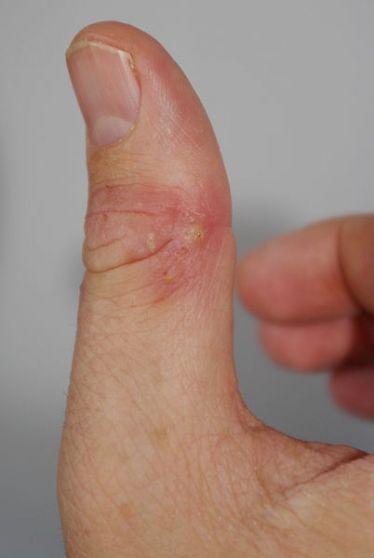Stop blaming spiders when you get bitten by an unknown insect. That’s the word from a team of scientists, led by an entomologist at the University of California Riverside who wants everyone to rest easy that a spider is NOT the culprit when you get a large red welt and pus-filled itchy skin eruption.

After researching numerous cases on spider enveomations, Richard Vetter and his colleagues concluded that any evidence that spiders can cause human infection is pretty slim to nil. Even if said spider is discovered to have nasty bacteria on its fangs or mouthparts – that doesn’t necessary mean that your icky little skin infection is spider-caused, he said.
Vetter and company published the results of their studies as a letter to the editor in the journal Toxicon, which is all about toxic poisons from animals, plants and microorganisms and the people who love to study them.
“Although spider bite may be an attractive and tenable causative agent of a bacterial infection, the data show this is highly improbable,” Vetter said. “Any implied causative association between skin infections and spider bites should be considered suspect. The medical community should not scapegoat spiders for bacterial infections. When examining reports of thousands of spider bites of many species worldwide, we found almost no mention of infection associated with the arachnid-inflicted injury.”
For decades, doctors have calmed patients with the default diagnosis, “Don’t worry, it’s only a spider bite,” when really that bacterial infection is from some other source.
In a study published three years ago, of 182 Southern Californian patients presenting with complaint of spider bite, less than four percent had spider envenomations, while about 86 percent had skin infections.
Vetter would like folks to see spiders as they are; an arachnophobian society could possibly turn to excessive pesticides and other nasty habits if left uncheck.
— Brenda Rees
